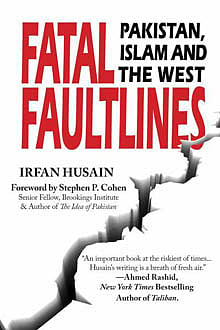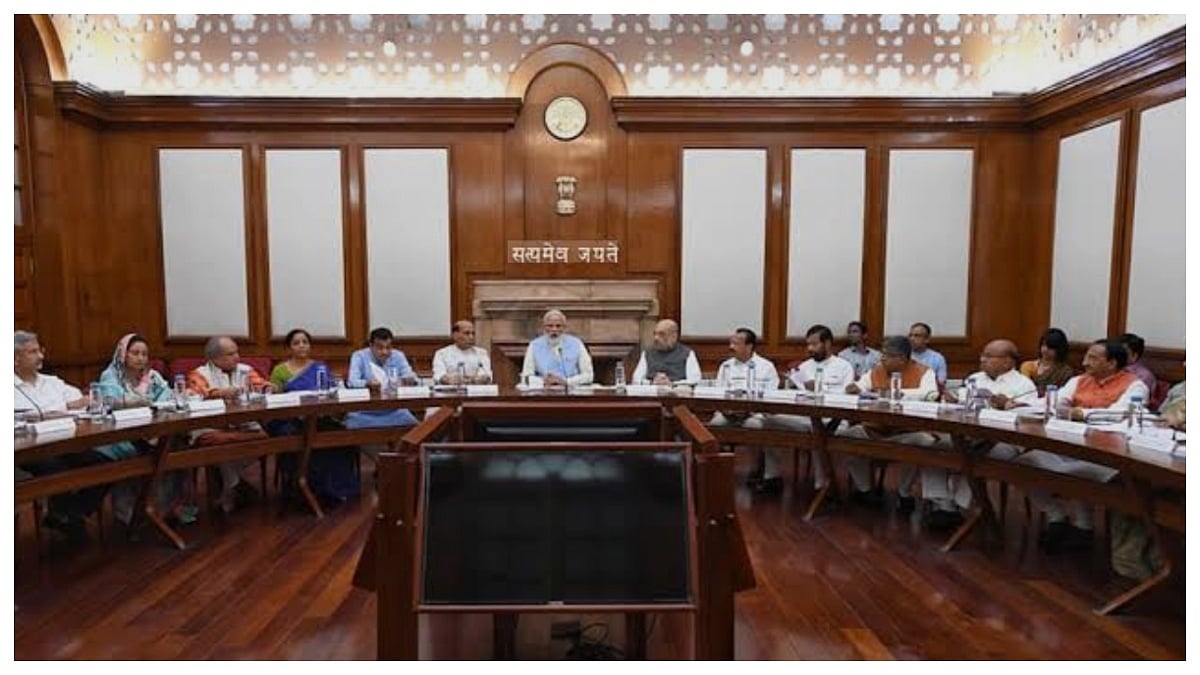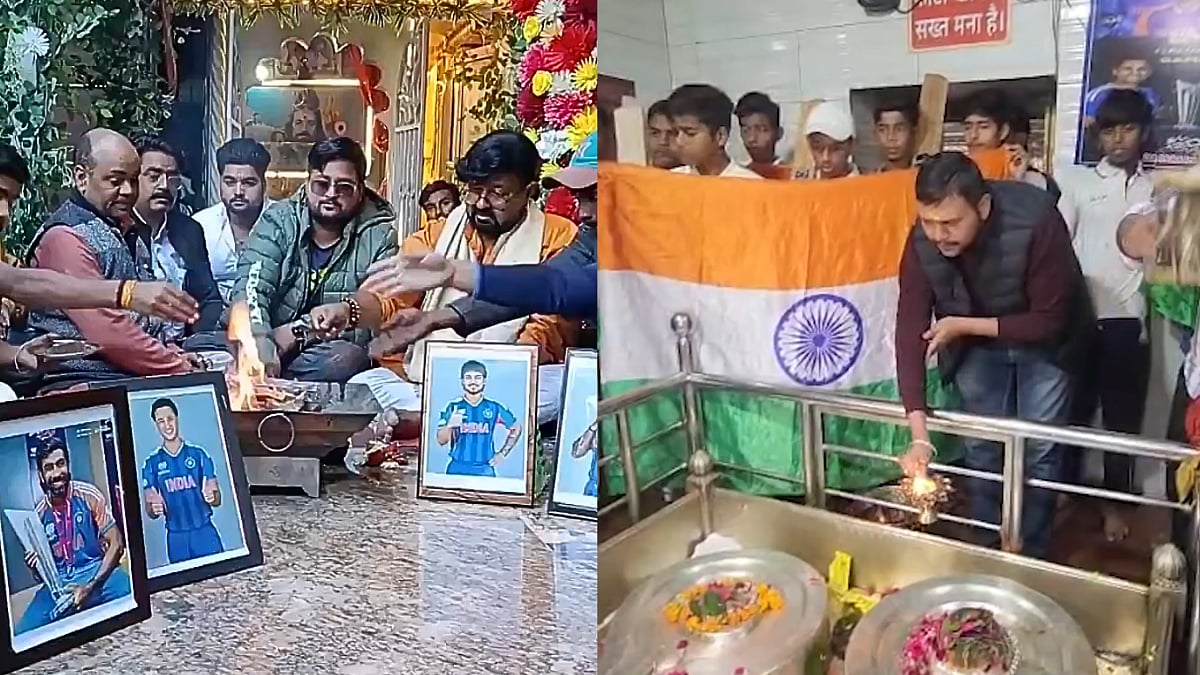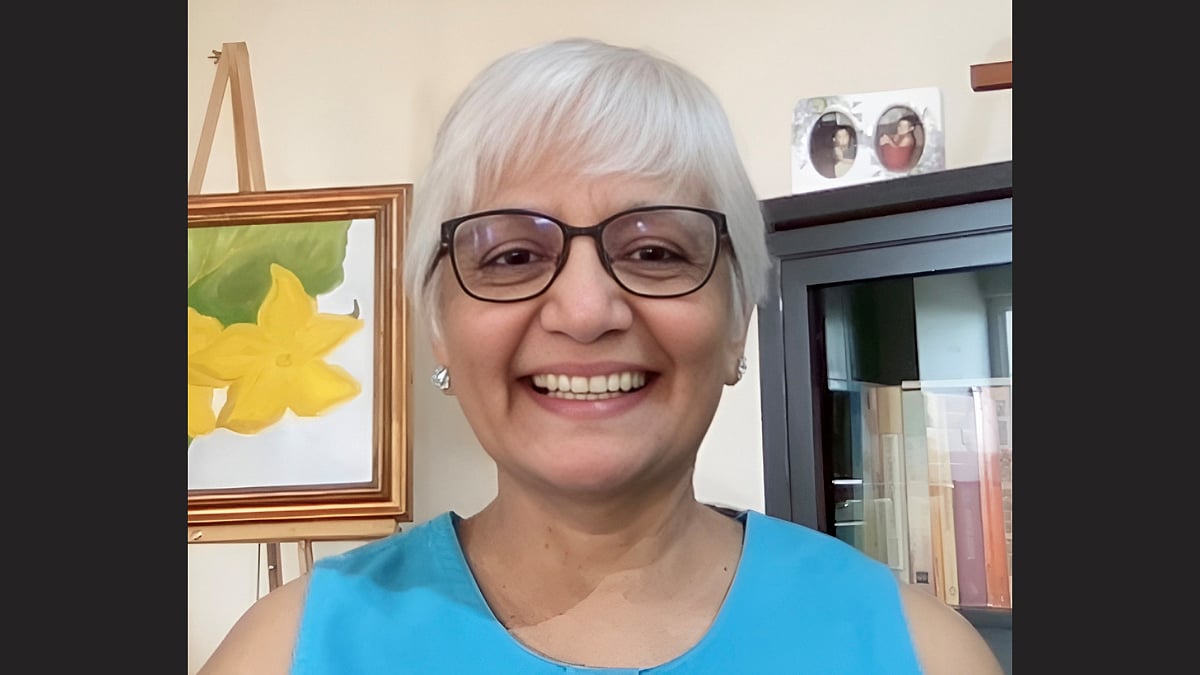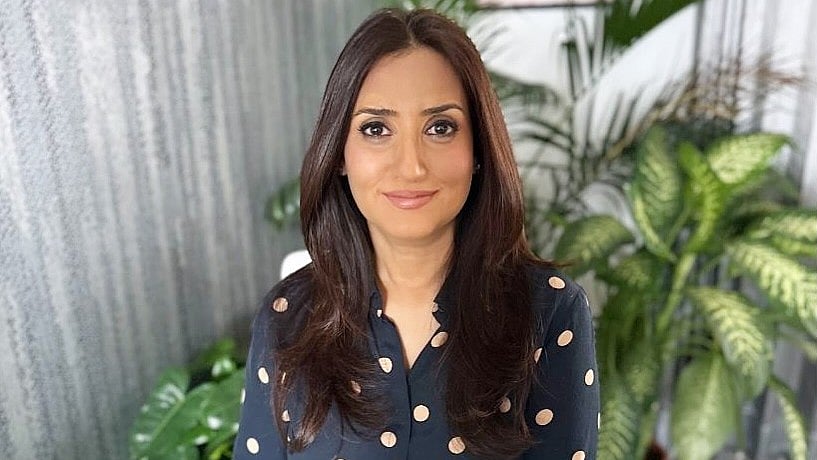Using personal experiences, anecdotes, Irfan Husain weaves a compelling narrative that gives us a different perspective on world affairs and American involvement with the Middle East and the Muslim world.

Fatal Faultlines: Pakistan, Islam and the West
Irfan Husain
Harper Collins
Pages: 238; Price: Rs.299 |
Irfan Husain was born in Amritsar in 1944 but grew up in Pakistan where his parents took him when he was three years old. Educated in Karachi, Paris and Ankara, he joined the Pakistan Civil Service in 1967, but managed to pursue a parallel and covert career as a free lance journalist, becoming a popular columnist on the Internet edition of Dawn, the paper founded by M. A. Jinnah, thus working on both sides of the line.
He speaks with authority. He knows his Pakistan inside out and has no hesitation in calling a stone a stone. And he understands his own fellow religionists and has nothing to hide. As Stephen P. Cohen, an authority on Pakistan says in his foreword to this book, Husain is “an acute but acerbic critic of the follies of several governments and other key players in the Pakistan drama”.
With an utterly unprincipled Army in con-trol of the country’s administration and a people “increasingly obsessed with religiosity”, the rulers on the one hand shamelessly willing recipients of western aid of all kinds, military, financial and ought else” to Husain it was shocking to see “downright hatred” of the US. “Such dichotomy,” Husain writes, “between the widespread hatred of American policies and the voracious appetite for the product of American creativity provides a fascinating and confusing contrast”. And what is true of Pakistan is repeated, Husain says, in other Muslim countries as well.
As he sees it “unpopular despots, Kings and generals, use American financial, military and political support to repress their people and perpetuate their hated regimes”. And what Husain says about Middle East and rulers of nearby countries has to be read to be believed.
Husain quotes sources as saying that “some 400,000 of a million Christians have been forced to leave Iraq, churches have been attacked and scores of Christians have been killed by extremists”. Far for the course. Husain spares nobody. Neither Pakistan, nor its patron, the United States. This is what distinguishes this work from others of its kind.

When the United States stopped aid to Pakistan, temporarily, it turned out, the latter’s leaders, according to Husain, were going round saying that after having served Washington’s interests in Afghanistan, Pakistan was “discarded like a used condom”. A very apt description. But Pakistan still wants to remain like that because “from its very creation, Pakistan has been obsessed with the perceived threat from India”.
Indeed, as was pointed out earlier, when the US help was temporarily stopped, there were many in the Pakistani Army wanting to sell its nuclear technology to countries hostile to the United States. According to Husain “much of the confusion over how Muslims should interact with non-Muslim states stemmed from the multiplicity of contradictory verses regarding the subject in the Quran”.
As he saw it “apologists have attempted to contextualise these verses in order to explain away the contradictions that a lay reader encounters so frequently”. However he adds “such theological contortions do little to dispel the overall impression of a faith where non-believers are at best tolerated and at worst persecuted”. Hindus in Pakistan provide a good example.

Husain ruthlessly exposes extremists, some of whom say one thing in public and do something quite opposite in private. Husain thus quotes Hamid Gul as telling a British journalist that there will be justice across the board and that, in Pakistan, “minorities will be free to practice their religion, their way of life, their culture” and the country will be “a perfect democracy”.
He was then head of the Inter Services Institue (ISI). But when Benazir Bhutto sacked him in 1989, Gul, says Husain, “became active in Islamic circles, tirelessly supporting Islamic extremist views…”
As Husain put it, if an educated and widely travelled Army General could turn tail “think of the appeal it (extremism) must hold for immature boys at madrasahs where the bulk of the curriculum is the rote learning of the quran”.
There were other events that were to come as a shock to Husain. On a field exercise in Balochistan Husain was once chatting with a Commanding Officer, “an intelligent, well-read Colonel”. At that time, says Husain, tensions with India were high. So Husain asked the officer how the Pakistan Army could take on a much bigger Indian Army.
Writes Husain: “I will never forget his reply: in all seriousness, he said that one Muslim was equal to five Hindu soldiers and this would redress the military imbalance between the two countries.” That was exactly how Gen. Ayub Khan felt after Pakistan was born. That mindset obviously is prevailing to this day.
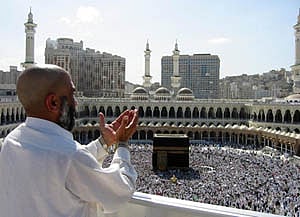
According to Husain, the Pakistan military has been extensively and deeply islamised and now has many officers and soldiers sympathetic to the Taliban among its ranks. As he sees it, “in the toxic mix of paranoia, denial and extremism that prevails across Pakistan today, it is not easy to promote clarity and objectivity”.
Yes, the book is described as dealing with Pakistan, Islam and the West. But it carries pro-bably an unintended warning to India what to expect from its immediate western neighbour. To think that it holds out hope for a peaceful outcome in the wake of the Arab Spring is to fool ourselves.
M V KAMATH
